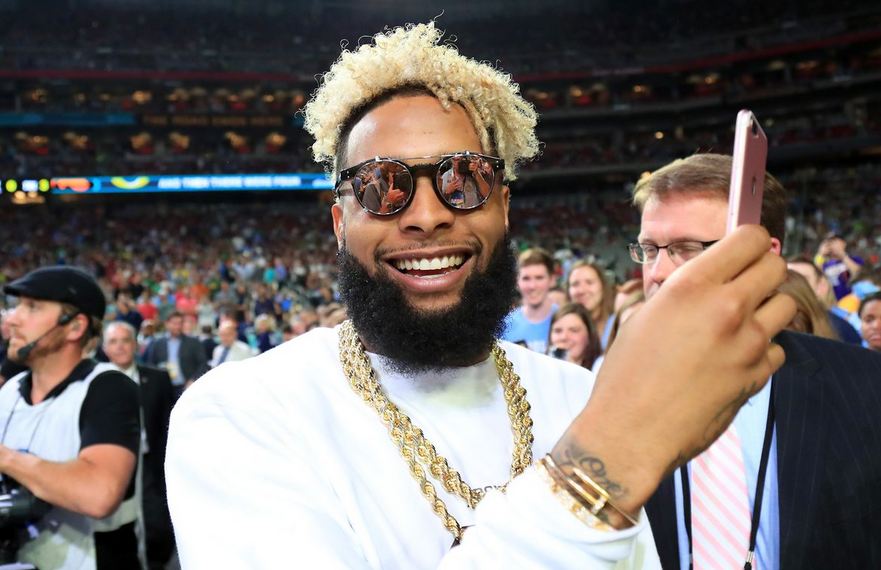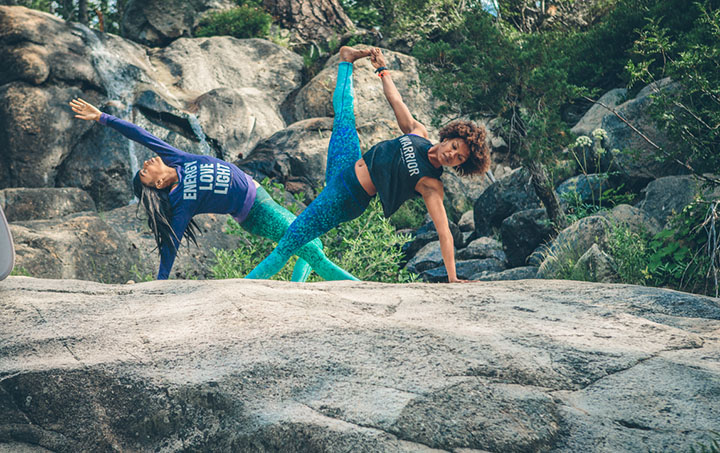A real life story of the reality of the concussion from a former football player…
I remember the last play of my high school football career.
I suffered a high ankle sprain when the opposing tight end hit me with an illegal cut block. At the time, I relished the moment. Despite all the efforts of my teammates to assist, I walked off on my own, dragging what was left of my healthy left leg. I received a standing ovation from the crowd as praise for my “toughness.” It was the football mentality’s machismo that encouraged me to limp off without help despite all evidence to the contrary to common sense. That limp is all too familiar to those who know me today, as it springs up after an hour or two of any pickup basketball game.
I can’t, however, recall the last day I played football.
It was the lone bye week of my freshman year at a Division III school where most of the student body was unaware we even fielded a football team. The previous game we took a pretty good thumping, one so terrible that even a bench warmer like myself got to see the field on multiple drives. By the unwritten rules of football, we needed to toughen up. So the coaches mandated several barbaric “Nutcracker” drills, the sole purpose of which was to create an epic collision. With each repetition, my reaction time became slower, until eventually my velocity couldn’t match that of my teammates. After one last rep, I blacked out.
I was told I finished the practice, which included 100-yard suicides. There was no applause, no cheering, no teammates lauding my courageousness. I just remember having amnesia.
Most of my recollection of the following hours and days came from others, many of whom were unable to make sense of my erratic behavior. I was conscious enough to make a few teammates aware that something was wrong. They soon spread the word to my roommates and advisors to keep an eye on me. By the next morning, I was diagnosed with my third (documented) concussion in three years. All before my 18th birthday.
After a few discussions with the trainer about my past injuries, we tallied five head injuries – five concussions, because apparently even the mild, questionable ones count.
Five.
***
My speech is not crisp as it was when I was 16. I have elderly moments at the age of 23 that I optimistically dismiss as spacey or normal. Every one forgets birthdays, friends’ names and their train of thought on a regular basis, right? I’m no different. I’m convinced those who know about the number of “head injuries I’ve suffered are probably a bit paranoid and extrapolate small instances of forgetfulness to more serious cases of memory loss.
But then I watch a documentary on concussions or even just this trailer and the number reappears. Five. That isn’t normal. Just thinking about it makes my leg quiver with anxiety. It makes me fearful of the one person who holds the truth: the neurologist. She could have given me all the answers, but I didn’t want them back then. And I wonder if I even want them now. Even as the concussion tests signaled that something was abnormal, I took my ability to function daily as a sign that nothing was wrong.
Gainfully employed?
Do I sound intelligent?
Perform normal everyday functions?
Welcome to my own personal criteria for diagnosing my Post Concussion Syndrome.
The stories of Chris Benoit, Jovan Belcher, Junior Seau and Dave Duerson make me wonder if I have the potential to be a danger to people close to me. The level of trauma that my body faced pales in comparison to the trauma they’ve faced, but it still strikes a cord. It’s uncomfortable. Kids playing high school and college football will suffer from all the pitfalls of participation in football without ever seeing any of the riches. There are no “Outside the Lines” or “Real Sports” documentaries urging organizations to give compensation to former collegiate athletes suffering from the effects of playing football.
At least not yet.
***
I’m going into this NFL season, as a viewer, more uncomfortable and uneasy than I have ever been. Rather than cheering the warriors on the field, I’m more confused than ever about how to feel about someone who takes on football as a profession. They have to all be crazy right? I am able to compartmentalize those thoughts by arguing about different storylines, getting emotionally invested in the New York Giants, fantasy football and diving into the strategic elements of the game. Anything to keep some distance between me and the violence of the game.
Of course the injuries began to pile up during the preseason and my anxiety stirred up again. I watched the preseason highlights of Dustin Keller’s and Kevin Kolb’s injuries, and I cringed. Every brutal hit accompanied by a defensive celebration made me squirm. This reminded of the black holes in my memory of my college days. I’ve tried to convince myself it was all worth it. I made friends for life, (couldn’t I have met them elsewhere?) and had great times playing the sport (what good are “great times” when you won’t be able to recall them in a few decades?)
I know I’m firmly in the minority amongst my group of friends. They love football and all that’s associated with it. I have tried to keep the discomfort at arms length. But it’s there.
The documentaries have opened the floodgates. I know what life is like for those men after the games are over. Their lives are pieced together with pain numbing downers, blood pumping uppers, anger and their lives could unravel on any given play. All for our blood-thirsty consumption. Everything I feel and have experienced suggests I should turn it off. But I can’t. I won’t. My life, my routine for 5 months out of the year, is still linked to the sport.
Watching the NFL on Sundays feels like watching Fruitvale Station or the beginning of a movie about the events 9/11. It feels like there is a tragic inevitability. For the participants, for the league and for the sport. I can’t help but draw parallels between current players and the players I have seen suffering in various documentaries and detailed in the concussion lawsuits. I wonder if Markis Pouncey will be the next Mike Webster? Jay Cutler the next Jim McMahon? Shawne Merriman the next Junior Seau?
***
Goodell, at least publicly, has made player safety his number one priority. He’s emphasized through fines and suspensions that the league will not tolerate head-hunting. He is doing all he can to protect the money-interest of the sport, although the NFL made its money on big hits, intensity and the warrior mentality. It appealed to the meathead in us all. Now he’s asking the fans to appreciate it as artistry, but ignore viciousness from which the sport continues to profit. The league has leaned on a “player safety” stance that borders impractical and hypocritical at best, that will determine Roger Goddell’s legacy. But the future of the sport of football doesn’t rest on Goodell’s ability to keep the NFL brand untarnished.
The $765 million drop in the bucket the NFL will pay the victims of concussions is a small price to pay to avoid admitting culpability. But it does little to comfort those who fear the league lacks sincerity when it comes to protecting the athletes that take field. The fear is that this agreement is just business as usual and that the NFL revenue will always trump the safety of its players. I would be hard pressed to make an argument otherwise.
The future of the sport rests on the future of those who hang up the cleats after playing “for the love of the game.” It rests on the ability to protect those who aren’t cashing five-figure checks weekly. Can the game progress and evolve in a manner that builds character without demolishing long term health? Is the violence enough to turn off an entire nation that has spent the better part of a century incorporating this game into its cultural consciousness? I’m not so sure you can convince a young person, armed with football’s invincibility complex, the benefits don’t outweigh the risks. Over the next ten years and beyond, every parent will have to face that reality.
How would I convince my loved one’s that it’s not worth it if I have not come to grips with the reality of the concussion myself?
Readers Might Also Like:
 How The NFL Trained You To Hate Colin Kaepernick & Why We Need To Stand Up For Him
How The NFL Trained You To Hate Colin Kaepernick & Why We Need To Stand Up For Him
 Five Fun Facts You May or May Not Have Known About Odell Beckham Jr.
Five Fun Facts You May or May Not Have Known About Odell Beckham Jr.
 9 Life Hacks To Gain From Starting A Yoga Practice
9 Life Hacks To Gain From Starting A Yoga Practice

